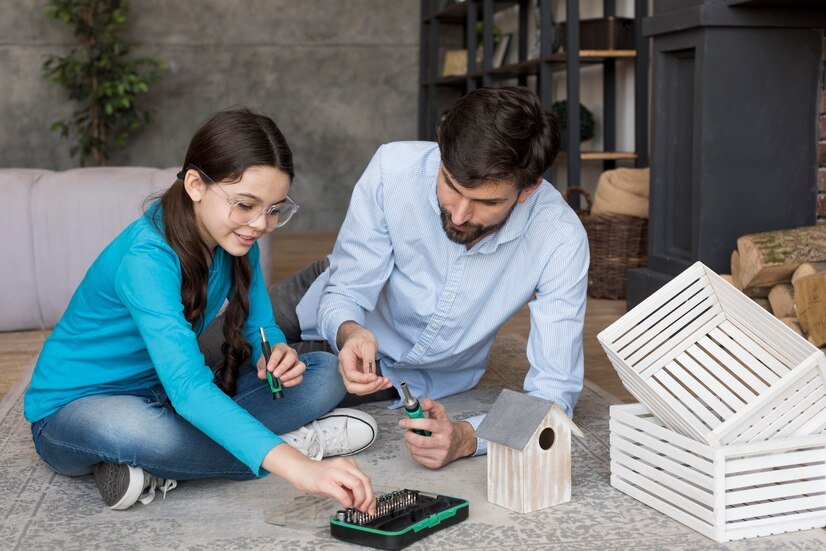Before purchasing a home, there are many elements to consider, and one of them is your inspection. And, even if at first glance you think you have found the ideal house, you cannot be carried away by what you see, by the location, the price, or only by what the seller shows you and says. A professional BTS Home Inspectionsperforms a complete evaluation of the property, and may reveal problems that only living or over time could have discovered.
The usefulness of having a Professional Home Inspection certificate (IPV certificate) is very high and can become a decisive factor for the purchase. This can also be contracted by the seller, and even, in some cases, also in rental processes. Although the most common thing is its use by those who are interested in buying.
Is It Necessary To Hire An Inspection?
Although it is highly recommended, it is not a mandatory element for purchasing a home. Only in some cases are there mortgage clauses that request it, unlike, for example, an appraisal, which is something that is always required.
Despite this, it is an evaluation, which most real estate agents will recommend, regardless of whether it is a new house or a second-hand one. This is a visual inspection of the structure and components of the home that produces a written report that must be evaluated between the buyer and the real estate agent to determine if the findings influence the purchase.
That is, if the problems detected represent expensive repairs to the home, prevent its habitability or, on the contrary, are minor and will not affect the process.
In short, it is a guarantee for the buyer of the condition of the property, and if he waives his right to inspect the property, and after signing the contract he finds major defects or problems, in most cases, these must be assumed by the current owner, and not the previous one.
What Does The Home Inspection Include?
An IPV inspector evaluates approximately 550 points in a sales process, we cannot name them all, but the basic aspects of the inspection are:
- The structural condition of the home, the foundation, whether there is evidence of subsidence or inclination of areas of the house, ceilings, walls, floors, and window alignment are inspected. You can even evaluate leaks or if when it rains water accumulates in a space.
- Exterior area: condition of floor and exterior wall covering, condition of lights, roof. Drains, surface leveling.
- Plumbing systems: presence of leaks, water flow, obstructions, operation of toilets, sinks, showers…
- Visible insulation, roof repairs, chimney condition, respirators…
- Condition of the electrical system such as wiring, operation of the fuse box, lamps, plugs…
- Status of independent and integrated appliances.
- Heating, ventilation, and cooling system.
- Basement, garage, attic: leaks, foundations, ceilings, insulation…
- Safety elements: doors, windows, carbon monoxide detectors, fire alarms, stairs, railings…
The elements that the inspection does not include that must be done by a certified professional are pest control, air quality, presence of asbestos, lead paint, and mold. Now that you know the importance and everything that can be learned from a home inspection. Do you think it is an element to include when buying a home?
